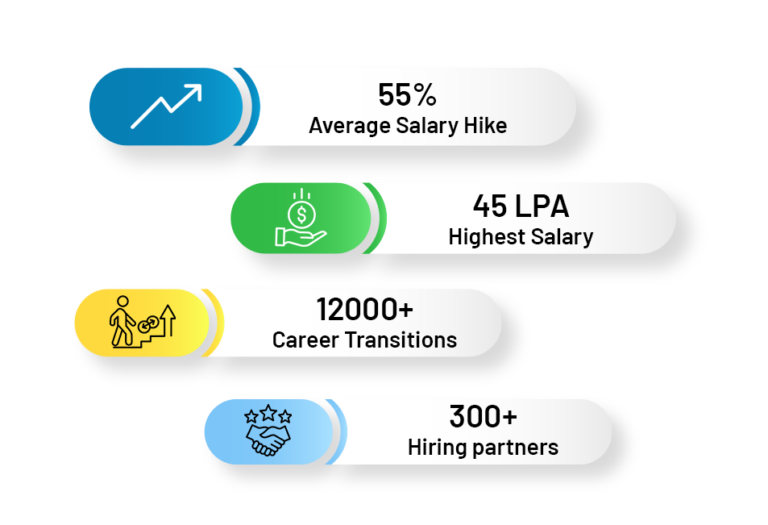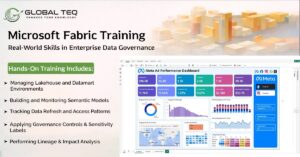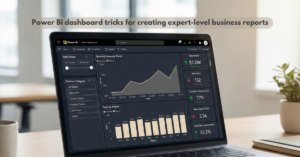Our Cloud Computing Program
Global Teq is built for students, professionals, and tech enthusiasts aiming to excel in today’s digital economy. Whether you’re starting out or reskilling for a new career, our curriculum combines live projects, hands-on labs, and flexible learning formats to deliver a complete, job-ready experience.
It’s an ideal starting point if you’re seeking a cloud computing certification for beginners.

Cloud Services

AWS Certification Training Course Online

Google Cloud Computing Certification Traning Course Online
Learn and Grow with Cloud
Whether you’re a beginner or a tech enthusiast, there’s a wealth of cloud computing certification options online tailored to your pace and level. From introductory classes to advanced certifications, these programs help you unlock the full potential of the cloud.
Start today with a cloud computing course for beginners and build the skills that top employers are hiring for.
Course Content
What is Cloud Computing?
Since the dawn of the digital age, the way we store and access information has transformed dramatically. From bulky servers and external hard drives to on-demand virtual servers, data is now not just stored but mobilized through the cloud.
What is a cloud computing solution today? It is a technology that enables individuals and organizations to store, manage, and process data using remote servers hosted on the internet, rather than local servers or personal computers. It’s the ability to compute without having to buy the hardware, to put it simply. Everything—from running applications, storing large files, hosting websites, to developing AI models—is done online, seamlessly and securely.
If you’re new to the world of cloud, there are numerous cloud computing courses for beginners that make learning this technology both accessible and practical. Whether you’re exploring a career change or want to level up, taking a cloud computing certification course can set the foundation.
Benefits of Cloud Computing
Cloud computing is a significant change in the digital economy, not just a trendy term. Here’s why companies, startups, and even students are switching to the cloud:
- Speed and Agility
On-demand computing resources are delivered by cloud platforms, frequently within minutes. Whether it’s setting up a server or deploying an app, speed becomes your superpower. - Cost-Efficiency
Say goodbye to expensive hardware. With cloud services, you only pay for what you use, making it a budget-friendly solution for businesses of all sizes. - Scalability
Need more storage or computing power? Scale up or down instantly, depending on your current needs—no downtime, no disruptions. - Accessibility
Work from anywhere. A device and an internet connection are all you need. Cloud services are always available, globally. - Enhanced Security
Leading cloud providers invest in robust security protocols—encryption, access controls, and compliance certifications to keep your data safe.
Want to gain hands-on experience? Consider enrolling in cloud computing courses online to get real-world practice with tools used by top tech companies. Many of these include specialized tracks like an AWS cloud computing course or a Google cloud computing course.
Types of Cloud Computing
There’s no one-size-fits-all cloud. Depending on how it’s deployed and used, cloud computing comes in different forms.
Categories Based on Deployment Models: Cloud
Public Cloud
Third-party providers (such as AWS, Azure, and Google Cloud) host and deliver services online. It’s cost-effective and scalable, ideal for startups and enterprises alike.
Private Cloud
A dedicated infrastructure exclusively for a single organization. Offers greater control and security—perfect for industries like banking or healthcare.
Hybrid Cloud
A mix of both public and private cloud. Companies use public cloud for general computing and private cloud for sensitive operations. It’s the best of both worlds.
Categories Based on Service Models
- IaaS (Infrastructure as a Service)
The foundation layer—rent virtualized servers, storage, and networks. You manage the OS and applications. Example: Amazon EC2. - PaaS (Platform as a Service)
Provides a ready-to-use development environment. Focus on building apps; the platform handles infrastructure. AWS Elastic Beanstalk and Google App Engine are two examples. - SaaS (Software as a Service)
Access software via a browser without installation. Think Gmail, Dropbox, Salesforce—all SaaS platforms. The provider takes care of everything else; you only use the product.
- IaaS (Infrastructure as a Service)
Cloud Computing Service Providers
Provider | Services Offered |
AWS | IaaS, PaaS, SaaS, AI, Big Data |
Microsoft Azure | DevOps, Machine Learning, Hybrid Cloud |
Google Cloud | App Development, Storage, Analytics |
IBM Cloud | Blockchain, AI, Private Cloud |

Training Career Transition

Anirudh Kumar
Azure Data Engineer | USA
Got 50% Salary Hike
“Moving from a Data Analyst to an Azure Data Engineer changed everything for me. Global Teq courses were right on target, just what I needed. This training gave me a 50% salary increase and much more challenging work in Microsoft.”
Previous Role: Data Analyst
New Role: Azure Data Engineer
Hiring Company: Microsoft

FAQ’s
What makes Global Teq’s cloud computing program different?
We combine
- 100% live instruction
- Real-world projects with industry tools
- Job-ready curriculum with certification prep
- Personal mentorship and resume/interview support
- Our goal isn’t just training—it’s helping you build a career through cloud computing courses that are designed to meet real-world needs.
Is cloud computing only for tech companies?
Not at all. Cloud services are used across industries—finance, healthcare, retail, logistics, education, and more. Whether it’s patient data, supply chains, or e-commerce, cloud powers it all. That’s why cloud computing courses online are in demand across so many sectors.
What roles can I pursue after learning cloud computing?
Cloud computing opens doors to multiple roles such as:
- Cloud Engineer
- Solutions Architect
- DevOps Engineer
- Site Reliability Engineer (SRE)
- Cloud Security Analyst.
Our cloud computing courses for beginners and professionals help prepare you for all of these career paths.
Which is better to learn first—AWS, Azure, or Google Cloud?
Each platform has its strengths:
- AWS: Most widely adopted, great for IaaS and hybrid environments — our AWS cloud computing course is perfect if you’re starting out.
- Azure: Ideal for Microsoft-heavy ecosystems.
- Google Cloud: Excellent for AI, ML, and data analytics
Choose based on your career goals, or start with one and expand later—our cloud computing courses help you with both strategy and skills.
- AWS: Most widely adopted, great for IaaS and hybrid environments — our AWS cloud computing course is perfect if you’re starting out.
Why is cloud computing considered a future-proof skill?
Cloud computing is at the heart of every modern tech system—from AI and big data to IoT and DevOps. As companies shift to cloud-first strategies, skilled professionals are in high demand across all industries. Learning through cloud computing courses online now means staying ahead of the curve.
How do I enroll or speak to a cloud expert?
Click the “Enroll Now” button on this page. We’ll guide you through cloud computing course options, career planning, and getting started right away.
What if I’m unsure which course or path is right for me?
No problem! You can speak to a Global Teq career advisor. We’ll help you figure out where you fit, what to learn first, and how to move forward with confidence using our cloud computing courses for beginners.










